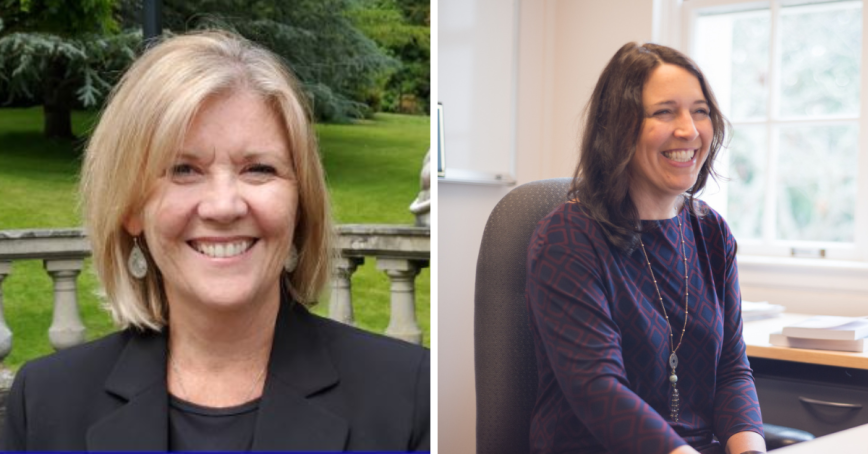Bring your whole self: women tourism leaders share secrets of success
Topics
Featured
Share online

When examining issues for women in leadership, it’s easy to skew negative: why are there so few? What barriers do women face?
New research coming from Royal Roads University sets out to do the opposite. Instead, it looks at what is working well.
It’s an approach that makes sense for the tourism and hospitality industry. Women are achieving executive roles in far greater numbers in this field than across all others in Canada making up 30 per cent, compared to an average of just three per cent in other sectors, according to 2019 statistics.
Moira McDonald couldn’t help but notice the phenomenon when she moved to BC and started reaching out to expand her professional network of hoteliers and tourism operators.
“The people that were answering my calls were named Trina, Natasha, Madone, Indu and Kim,” says McDonald, an assistant professor and director of RRU’s School of Tourism and Hospitality Management. “I started to realize there's more going on here and I need to have a look at it.”
McDonald reached out to her colleague, Rebecca Wilson-Mah, an Associate Professor and Program Head of RRU’s Master of Arts in Tourism Management. Both women had careers in senior hotel management positions, before moving to academia.
Together, they crafted a survey for senior executive women in the industry and distributed it through tourism associations.
It followed a model of field research called Appreciative Inquiry.
“It's about being positive and affirming,” says Wilson-Mah. It’s a practice she adopted while working at Fairmont Hotels and Resorts, as she helped colleagues and leaders with teambuilding.
“When we started by asking the question, ‘what are you proud about? What do you want to celebrate?’ then we could move into other conversations about what was needed,” explains Wilson-Mah. “It helped build trust and gather better insights.”
The survey launched on International Women’s Day 2022. Soon the pair had 49 responses and a rich data set to gather insights into the leadership styles and values of executive women.
When asked about career highlights, many of the women surveyed talked about other people on the team, encouraging their leadership and seeing them succeed.
For McDonald, a surprising finding was how openly women discussed life-work balance.
“It was so refreshing,” says McDonald. "The expectation used to be to go wherever the company sends you, work long hours, and wear a pager 24/7. I certainly didn’t have any photos of my kids up on the desk.”
Now, she sees that changing.
“Women bring their whole self and not just that corporate self,” says McDonald. “The bigger hotel and tourism brands are embracing that as well, and are looking to keep women in, as opposed to letting them go.”
Looking to the next generation is a big part of what this research is all about: sharing advice with young, women professionals, and avoiding the off-ramp that sees many leave the field.
McDonald and Wilson-Mah have presented their findings at conferences with delegates from around the globe.
“Young women are asking how they can navigate into senior leadership,” says Wilson-Mah. “Senior executive leaders shared that future success for women in leadership will be shaped by a collective focus on equal opportunities in all areas, pay equity, balance across roles in life, thriving mentorship and the confidence to step in and take on growth opportunities.”
Learn more about the School of Tourism and Hospitality Management and the Master of Arts in Tourism Management at Royal Roads University.